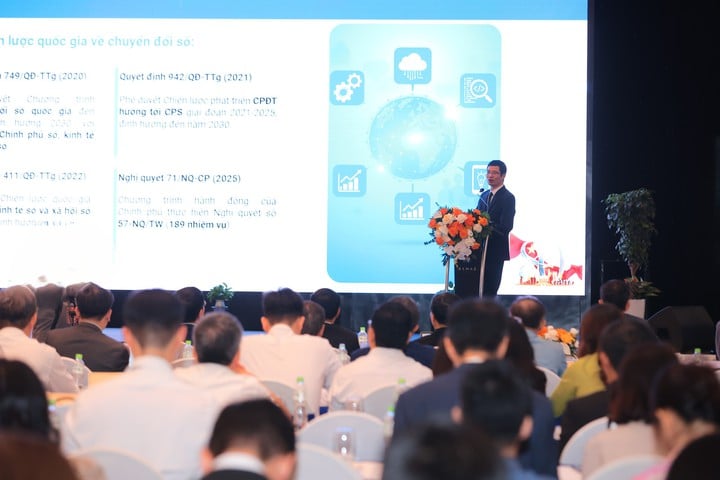
Overview of Session 3.
Journey of creation: From Party policy to drastic action
Speaking at the Forum, Mr. Nguyen Phu Tien, Acting Director of the National Digital Transformation Agency ( Ministry of Science and Technology ), emphasized: "Digital transformation is not only a trend, but also a strategic breakthrough for Vietnam to break through and rise up". In recent years, the Party has issued many important orientations, notably Resolution No. 52-NQ/TW on participating in the 4.0 Industrial Revolution and especially Resolution No. 57-NQ/TW identifying digital transformation as one of three strategic breakthroughs. The Resolution sets a target that by 2030, the digital economy will reach at least 30% of GDP and by 2045, this figure will reach at least 50%, putting Vietnam in the group of 30 leading countries in digital transformation and digital transformation.
On that basis, the Government has synchronously deployed many important strategies: National Strategy on Digital Transformation (Decision 749/QD-TTg), Digital Government (Decision 942/QD-TTg), Strategy for Digital Economic and Social Development (Decision 411/QD-TTg). In particular, the establishment of the Central Steering Committee on Digital Transformation headed by the General Secretary, together with the Government's Action Program (Resolution 71/NQ-CP), has demonstrated a very high political determination in bringing the resolution into life.
According to Mr. Nguyen Phu Tien, thanks to consistent direction and synchronous action, Vietnam's industrialization and modernization has recorded many remarkable results.
Regarding digital government , Vietnam has risen 15 places in the United Nations Digital Government rankings, from 86th (2022) to 71/193 (2024). The rate of complete online applications by July 2025 will reach nearly 40%.
Regarding the digital economy, the IT industry's revenue reached VND2,772 trillion, up 24% over the same period; hardware and electronics export turnover reached VND2,485 trillion, up 29%.
Regarding digital society, about 21.8 million digital signature certificates have been issued (equivalent to 35.18% of the adult population), along with more than 64 million VNeID accounts activated.
Regarding digital infrastructure, 99.3% of villages have mobile broadband connections, mobile access speed reaches 146.64 Mbps (ranked 20th in the world) and 5G coverage rate reaches 26%.
More importantly, all ministries, branches and localities have issued and implemented resolutions, plans and projects on digital transformation with a consistent spirit: "Institutions must go one step ahead". This is the foundation for Vietnam to not only adapt, but also break through, progress together and even surpass in the digital age.
Mr. Nguyen Phu Tien emphasized that the requirement to complete a legal corridor that is wide enough and flexible enough to guide the digital transformation process needs to pay attention to 6 major orientations: Comprehensive digitalization of the real world and development of "digital copies"; development of modern digital infrastructure with wide coverage; building a smart digital government; promoting a competitive and sustainable digital economy; developing an inclusive, humane and safe digital society; ensuring digital security and safety throughout the entire process. This is not only a solution to create a corridor, but also turns institutions into national competitive advantages, opening up new development space.

Mr. Nguyen Phu Tien, Acting Director of the National Digital Transformation Agency, Ministry of Science and Technology, spoke at the Forum.
Digital transformation from the root: Smart cities - Smart businesses - Smart citizens
According to Dr. Nguyen Nhat Quang, Director of the Institute of Science and Technology of the Vietnam Association of Software and Information Technology Services (VINASA), digital transformation is opening a new era: Cyber Physical Social System (CPSS). In this era, people are not only "users" but also part of the system, forcing society and institutions to adapt. This requires society, institutions and physical infrastructure to be redesigned to integrate digital technology. At the grassroots level, the smart commune - ward model will be the foundation, with complete data, reliable digital connections and clear decentralization principles: "Locals know - local authorities decide - local authorities do - local authorities are responsible".
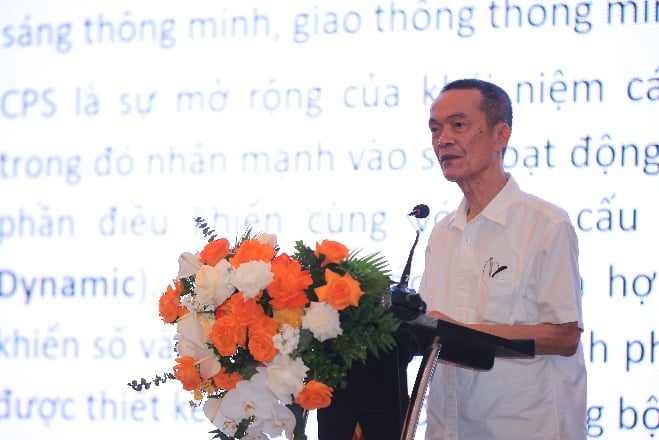
Dr. Nguyen Nhat Quang, Director of VINASA Institute of Science and Technology, spoke at the Forum.
From the business perspective, Mr. Lam Quang Nam, Vice President of VINASA, affirmed that small and medium enterprises (SMEs) are the key driving force for digital economic development. Lessons from Singapore with the "SMEs Go Digital" program show that supporting SMEs according to a specific industry roadmap brings dual benefits: SMEs have a clear development orientation, and technology enterprises have a basis to adjust products and services. The Ministry of Science and Technology has also issued a set of criteria for assessing the level of digital transformation for SMEs, thereby promoting the development of self-assessment tools (self-help), gateways to support programs (seek-help), a list of standardized digital tools and continuous support policies. This is the key for hundreds of thousands of Vietnamese SMEs to break through and become a driving force for sustainable growth of the digital economy.
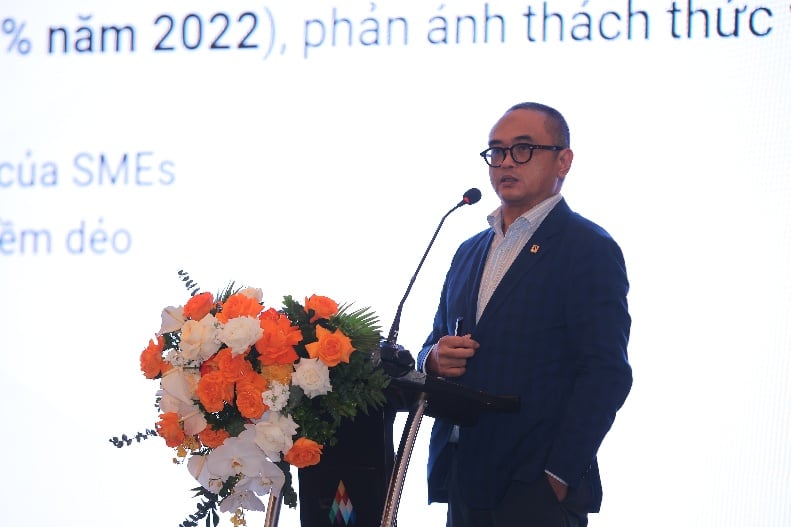
Mr. Lam Quang Nam, Vice President of VINASA, spoke at the Forum.
Also within the framework of the Forum, delegates discussed the future orientation of the science and technology, innovation and digital transformation sector in many key aspects: Developing human resources for the future; Perfecting mechanisms and policies with the Law on Science, Technology and Innovation and the Law on Digital Transformation; Expanding international cooperation, deeply integrating into the global value chain; and promoting the leading role of enterprises. These orientations, combined with a solid political and institutional foundation, will create a strong stepping stone for Vietnam to create a comprehensive and sustainable digital future.
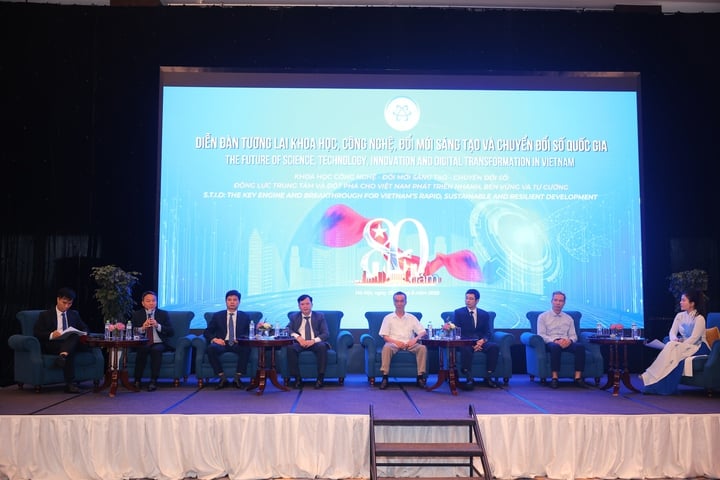
Delegates moderate the discussion session.
Source: https://mst.gov.vn/chuyen-doi-so-dong-luc-kien-tao-viet-nam-trong-ky-nguyen-so-197250829200510989.htm



![[Photo] General Secretary To Lam attends the 18th Hanoi Party Congress, term 2025-2030](https://vphoto.vietnam.vn/thumb/1200x675/vietnam/resource/IMAGE/2025/10/16/1760581023342_cover-0367-jpg.webp)

![[Photo] Nhan Dan Newspaper launches “Fatherland in the Heart: The Concert Film”](https://vphoto.vietnam.vn/thumb/1200x675/vietnam/resource/IMAGE/2025/10/16/1760622132545_thiet-ke-chua-co-ten-36-png.webp)




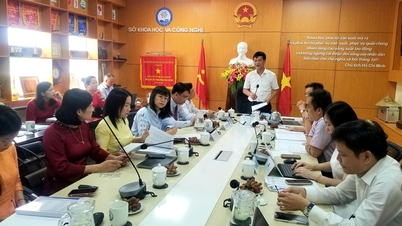

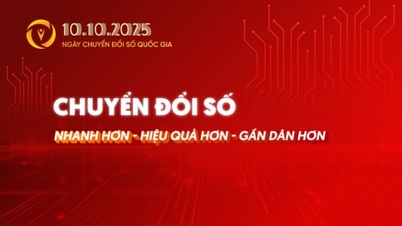





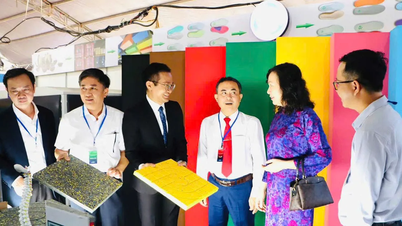
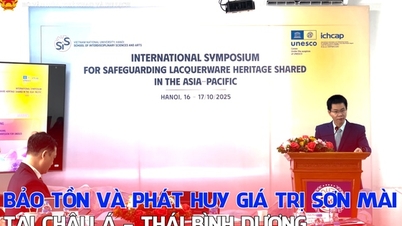

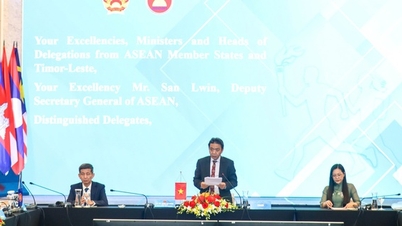
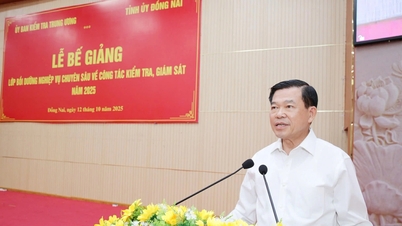


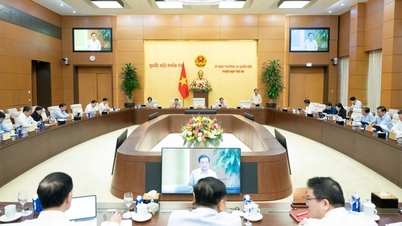
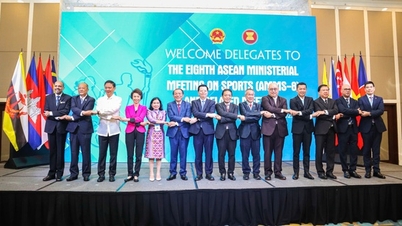




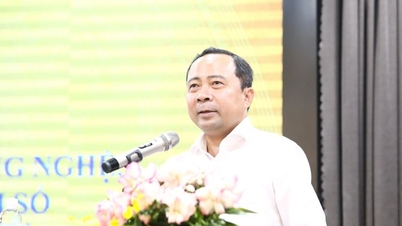

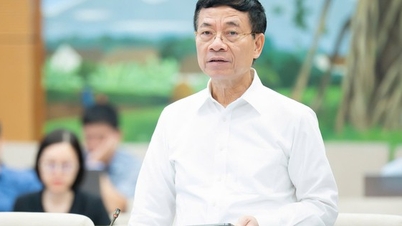
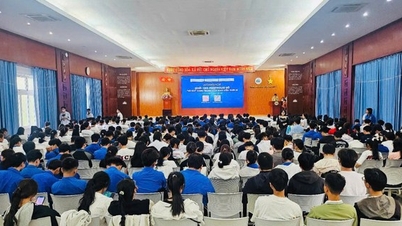
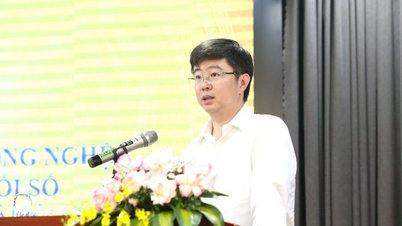







![[Video] TripAdvisor honors many famous attractions of Ninh Binh](https://vphoto.vietnam.vn/thumb/402x226/vietnam/resource/IMAGE/2025/10/16/1760574721908_vinh-danh-ninh-binh-7368-jpg.webp)




























![[Photo] Nhan Dan Newspaper launches “Fatherland in the Heart: The Concert Film”](https://vphoto.vietnam.vn/thumb/402x226/vietnam/resource/IMAGE/2025/10/16/1760622132545_thiet-ke-chua-co-ten-36-png.webp)

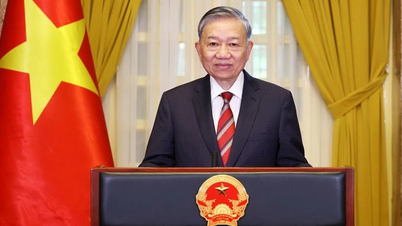





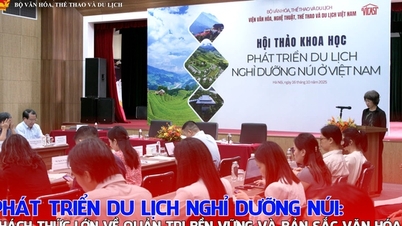
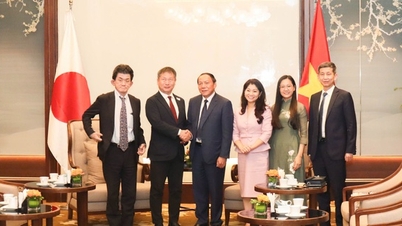
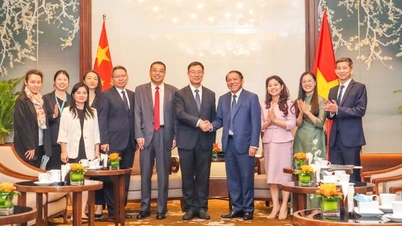






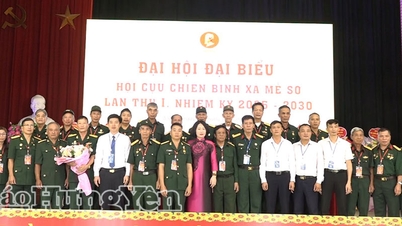


















Comment (0)